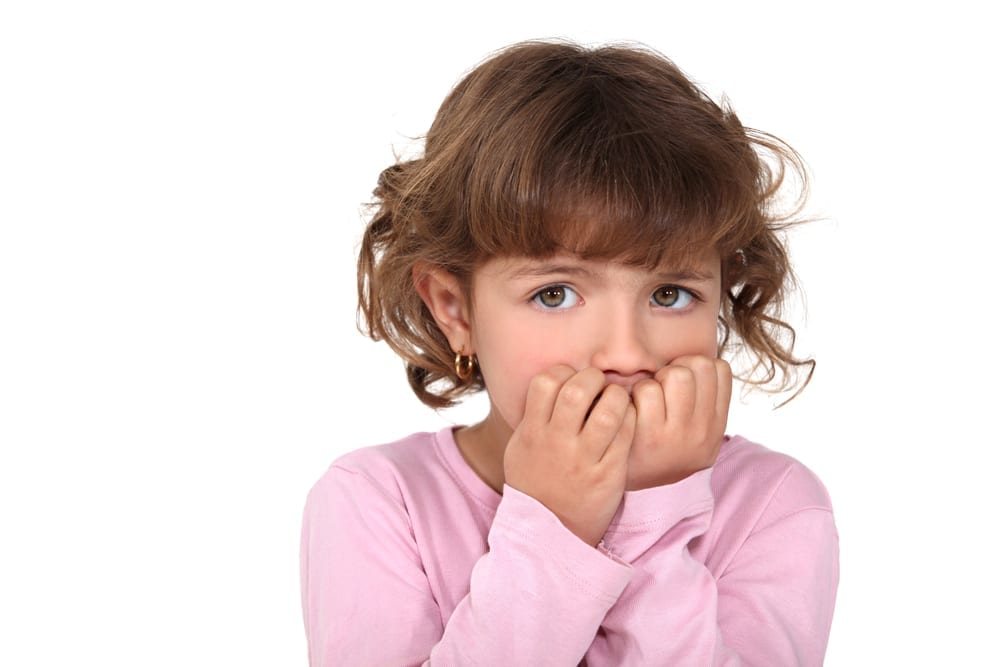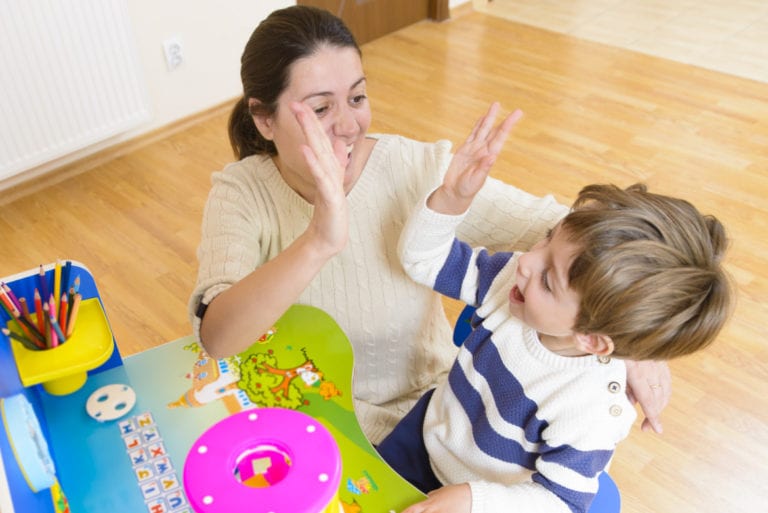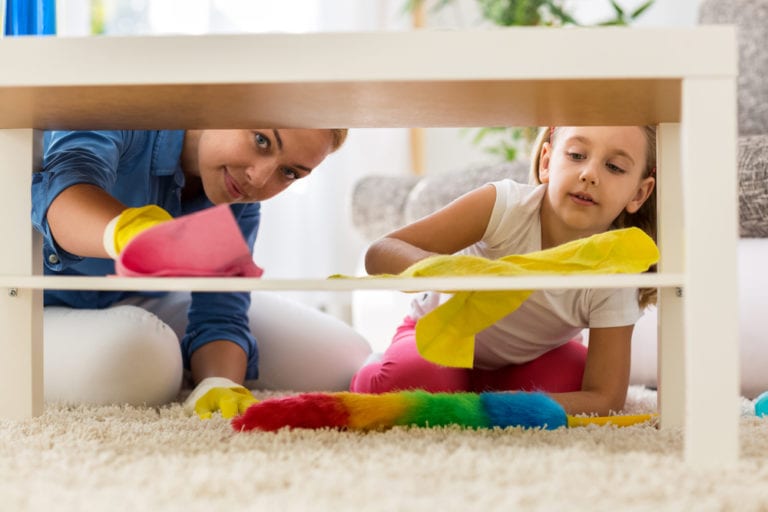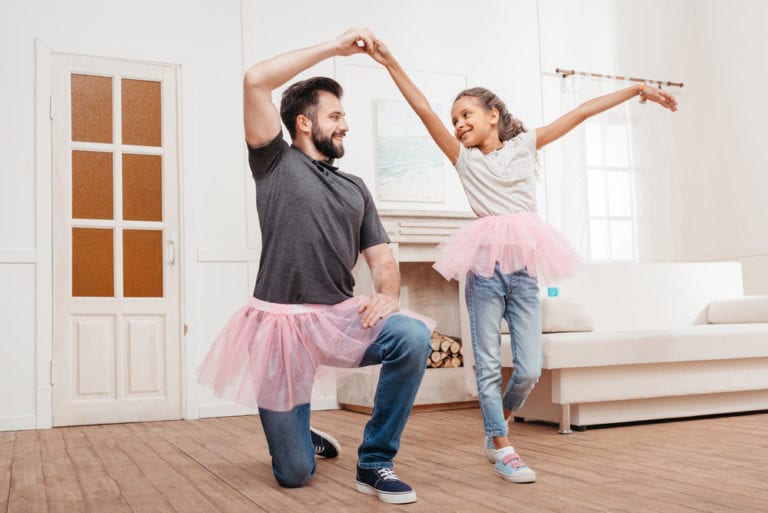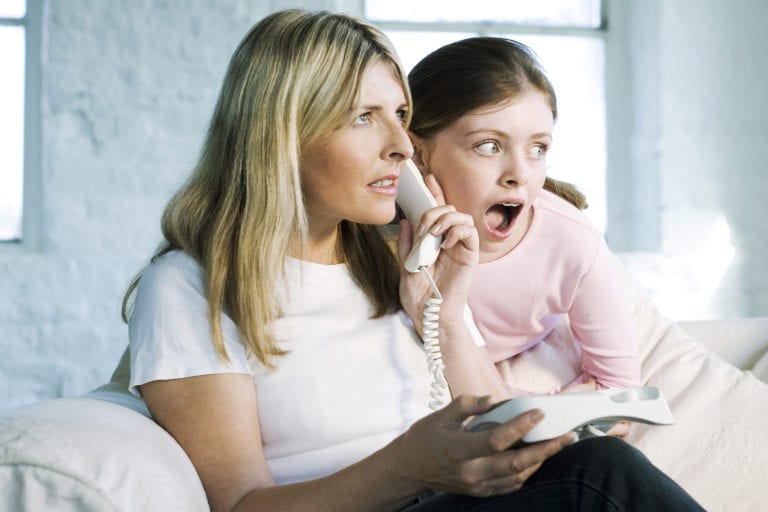How to Help Your Child Overcome Anxiety
Disclosure: This post may contain affiliate links, meaning I may get a small commission if you decide to make a purchase through my links, at no cost to you.
Help your child overcome anxiety
Sometimes children act as if they don’t have a care in the world, and other times they may be overwhelmed with anxiety. Although an anxious child is not presented with the stresses of adulthood, they do feel anxious in much the same way we do. Solving a child’s anxiety is not something to be taken lightly.
Anxious children, can feel anxiety in similar ways as adults. However when anxious kids have physical symptoms like panic attacks, stomach aches, negative thoughts, or excessive worry, it is time to look at a possible anxiety disorder. If you see these symptoms you may want to seek professional help.
How Children Form Anxieties
It may help to understand why an anxious child worries in the first place. Hurt feelings, parents expectations, parents feeling anxious, medical conditions, feeling overwhelmed, are all a normal part of everyday life. But occassionally, an anxious child, can affect the child’s mental health to the point where a generally happy child may later develop anxiety disorders.
Anxiety in children can be caused by traumatic events, environmentl factors, child’s life events, and really everyday life that bring out a child’s feelings and worries.
Baby’s and toddlers suffer from separation anxiety when Mom leaves the room. The child’s fear increases when they get into school and don’t have the constant care from Mom and Dad.
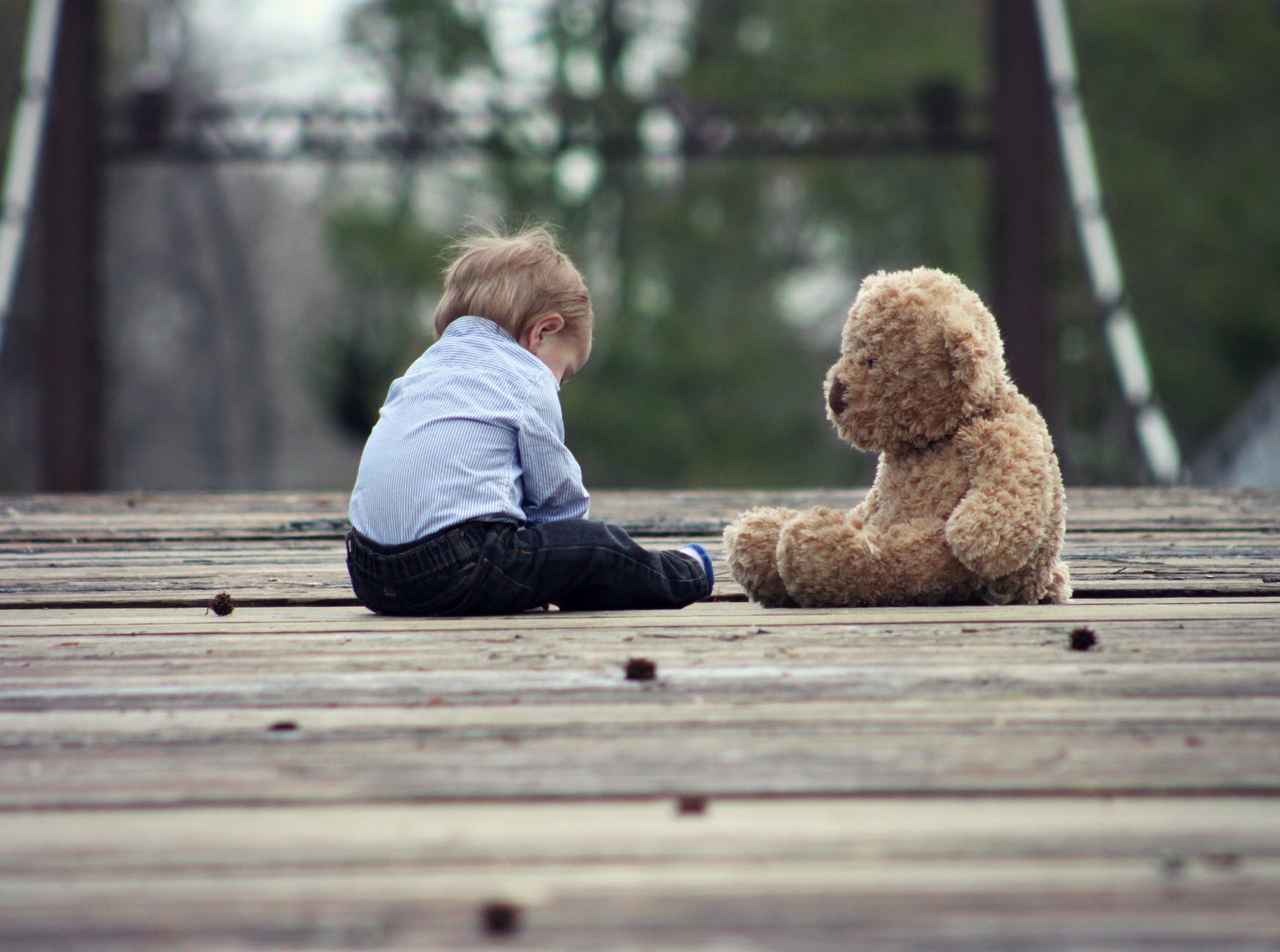
Young people feel worried when environmental factors change. When they move to another school, when one parent leaves the home, or when social situations change.
Different age groups respond to anxiety in different ways. One teenager may have a panic attack every time she gets into her vehicle to drive if she had a friend who was recently in a car accident. Some kids think that driving fast is no big deal because perhaps they haven’t experienced the same common fears or worries.
A big test will have one teen feeling anxious, and different social gatherings will make anxiety worse in other teens.
Children can become anxious and fearful in situations where they’re taught to feel that way. They’re also very intuitive and can pick up on the emotions of others. If you’re acting fearful and afraid in a certain situation, they may learn to have the same behavior without even realizing it.
Children can also learn anxiety from media sources such as television, movies, or video games. For example, TV shows and video games that are meant for older children or adults often contain scenes of suspense, horror or violence that can severely frighten a young child. As a result, they can develop many anxieties from it.
How To Help Your Child Overcome Anxiety
Once a child has anxieties, there are many avenues to consider for treatment such as professional support. What works for one child may not work for another. Just keep searching for a solution that works for you and your family.
Here are some strategies you can use to help your child overcome their anxieties:

Help Your Child Relax
A child will feel anxiety when they’re stressed. Explore different options for helping your child relax, like taking deep breaths. Allow them to enjoy relaxing games or hobbies. The activity you choose may be different for every child, or different depending on the day.
Find a Distraction
When your child feels anxious all of a sudden, do something to distract them from the situation at hand. If you’re out in public and they start to panic, perhaps you can engage them in a conversation about something they like or distract them with a toy or something of interest to them in your surroundings. If you’re at home, try a fun game.
Avoid pushing your children.
You might find that you’re pushing your child to behave a certain way without ever realizing it. It’s more common than you think! Be positive around your child and free them from unnecessary pressure. Provide reassurance, that you love them and that their feelings matter. Teach them that it is ok to be worried, stressed, or sad.
If you need to make a change, do it gradually.
Imagine you’re in a conversation with your child and they tell you that the new school is too far away. How would it make them feel if all of sudden, without warning or even giving time for discussion, you tell her she is walking to school tomorrow. Shocked isn’t exactly what we want our kids’ to feel. Instead try saying something like “I know it sounds scary – why don’t I drive you to school tomorrow morning before work?” or “I bet we can find neighbors who could walk with you to school.” She will learn that it isn’t too far to walk after all. She will be confident in walking by herself and ready to take on another challenge.
It’s OK to schedule time to worry.
The best way for parents to help their children overcome anxiety is by setting aside time during the day that’s all theirs. This could be as simple and straightforward a task, like giving your child an hour each day just so they can worry or vent without interruption from other distractions in order to avoid adding additional stress on top of what already feels overwhelming at times – but it doesn’t always need more effort than simply being there when you’re needed most!

Photo by Andrea Piacquadio on Pexels.com
• This is helpful to allow worrying. Worrying is a necessary part of life but sometimes children worry too much. If you want your little one to feel better, tell him or her that they’re allowed and even encouraged to worry at certain times–like after dinner! Then after dinner, they may not need to spend time worrying and that is a good thing.
Help your child build their confidence.
When your child completes a small task, respond with, “Hey! You walked to school today” or “You worked so hard on that puzzle.” Using words of encouragement will help your child feel more confident. When they are feeling confident there is no reoom to feel anxious or scared; but if they begin learning how better cope with fearful situations in the future – not only will be able take on challenges head-on without question, but also gain self worth as well!

Photo by Alexander Dummer on Pexels.com
There are few things more rewarding than seeing your child overcome anxiety. By teaching them how to help themselves at an early age, you give the future individual a valuable skill set that will serve him or her well throughout his/her life! Not only does this make childhood happier but adults who know what it’s like dealing with fears have better mental health overall because they’re stronger internally as well externally.
GET FREE ACCESS TO OUR LIBRARY OF FREE PRINTABLES AND RESOURCES!
Enter Your Name and Email for FREE Access to our Library of FREE Home and Family Printables Series!
